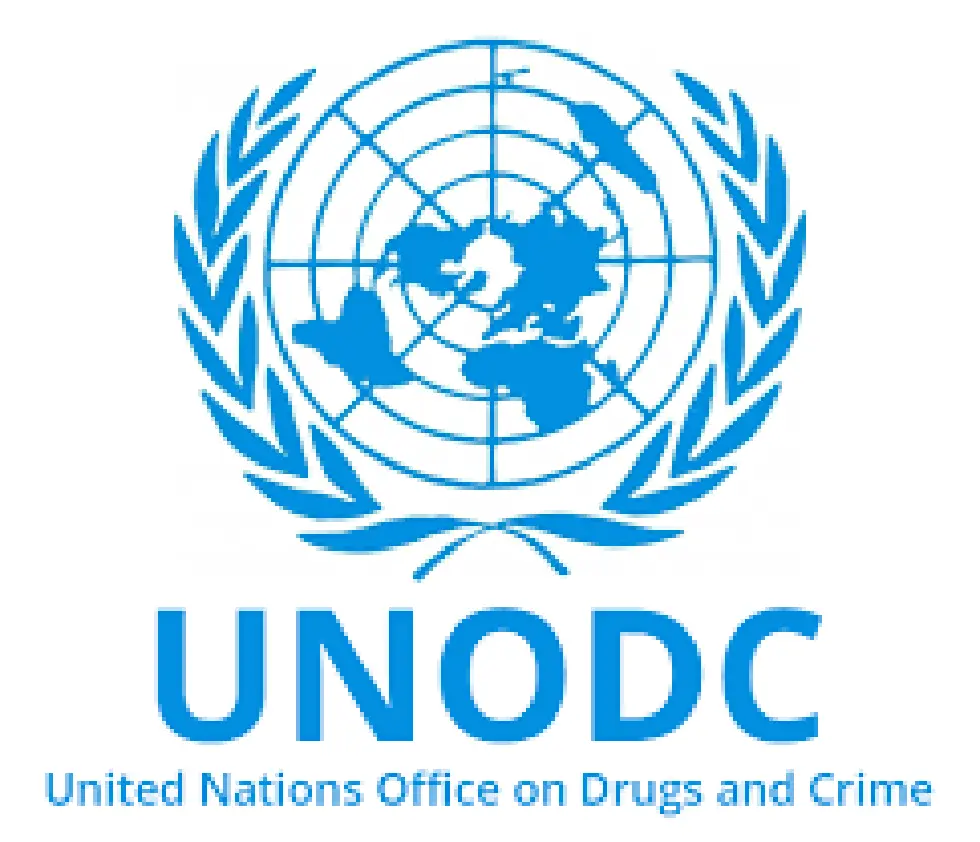About Section 294 of the Code of Criminal Procedure (CrPC):
- It pertains to the filing of documents by the prosecution or the accused.
- This section requires that the particulars of every document filed by either party be included in a list, and the opposing party or their pleaders must be given the opportunity to admit or deny the genuineness of each document.
- It applies to all documents filed by the prosecution or the accused, regardless of their nature and character.
- It is important to note that the genuineness of the documents is crucial, and without proper proof, reliance cannot be placed upon them.
- However, it is also clear that Section 294 of the CrPC does not apply to witnesses who wish to directly produce additional documents during the course of the trial or during the recording of their evidence.
- This section specifically applies to documents filed by the prosecution or the accused, not third parties like witnesses.
- The purpose of Section 294 of the CrPC is to accelerate the pace of the trial by avoiding the waste of time in recording unnecessary evidence.
- It allows for the admission of documents whose genuineness is not disputed by the opposing party.
It aims to ensure transparency and fairness in the judicial process by allowing both the prosecution and the accused to present relevant documents.
Q1: What is the Code of Criminal Procedure (CrPC)?
Enacted in 1973 (came into force on 1 April 1974), CrPC is the main legislation on procedure for administration of substantive criminal law in India.It provides a procedure for the investigation of crime, the collection of evidence, and the determination of guilt or innocence. The CrPC also covers the arrest and detention of suspects, the conduct of trials, and the sentencing of convicted individuals.
Last updated on July, 2025
→ UPSC Notification 2025 was released on 22nd January 2025.
→ UPSC Prelims Result 2025 is out now for the CSE held on 25 May 2025.
→ UPSC Prelims Question Paper 2025 and Unofficial Prelims Answer Key 2025 are available now.
→ UPSC Calendar 2026 is released on 15th May, 2025.
→ The UPSC Vacancy 2025 were released 1129, out of which 979 were for UPSC CSE and remaining 150 are for UPSC IFoS.
→ UPSC Mains 2025 will be conducted on 22nd August 2025.
→ UPSC Prelims 2026 will be conducted on 24th May, 2026 & UPSC Mains 2026 will be conducted on 21st August 2026.
→ The UPSC Selection Process is of 3 stages-Prelims, Mains and Interview.
→ UPSC Result 2024 is released with latest UPSC Marksheet 2024. Check Now!
→ UPSC Toppers List 2024 is released now. Shakti Dubey is UPSC AIR 1 2024 Topper.
→ Also check Best IAS Coaching in Delhi















